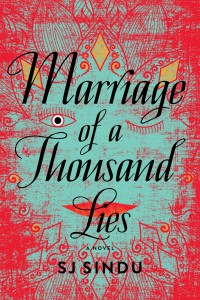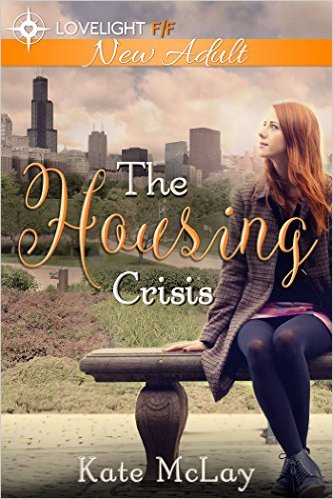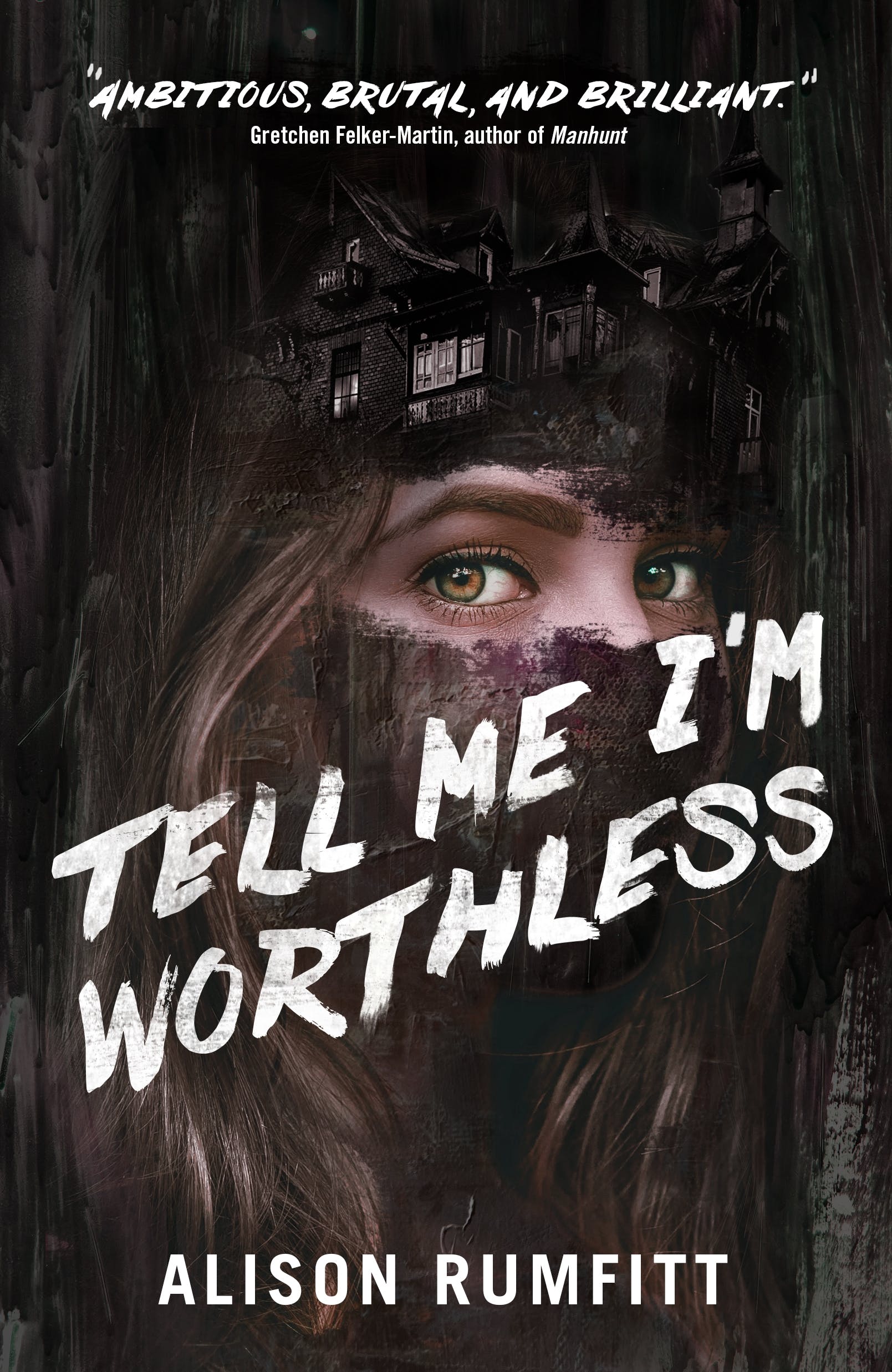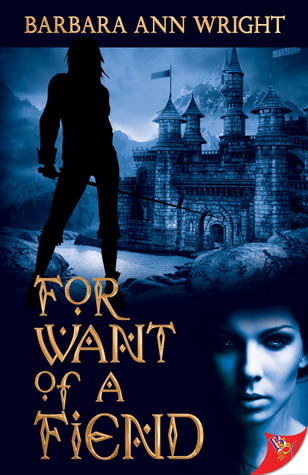 When Lucky and Kris first got married, they delighted at having pulled the wool over everyone’s eyes. Lucky was welcomed back into her Sri Lanken-American family. Kris didn’t have to worry about getting deported after his family turned their backs on him. And if they both pocketed their wedding rings and went to gay clubs on the weekends, what was the harm? Unfortunately, if you live a lie long enough, it can start to take over.
When Lucky and Kris first got married, they delighted at having pulled the wool over everyone’s eyes. Lucky was welcomed back into her Sri Lanken-American family. Kris didn’t have to worry about getting deported after his family turned their backs on him. And if they both pocketed their wedding rings and went to gay clubs on the weekends, what was the harm? Unfortunately, if you live a lie long enough, it can start to take over.
Lucky is restless and unhappy in the in-between life she’s made for herself. She bounces between her mother’s home, where her grandmother is ill, and her apartment where she lives with her gay husband. Apart from not actually being a romantic couple, they also don’t get along that well as friends–at least, not anymore. And now the love of her life is entering into an arranged marriage, at least partially because she believes that it worked for Lucky. She’s trapped between impossible trade-offs: live a lie forever, or lose her family and culture?
Lucky has two sisters, each of whom picked a different side: one took off in the night to escape her mother’s restrictive rules about her life (marry a good Sri Lanken man, behave in the prescribed ways). The family has barely heard from her since, and never sees her. Her grandmother asks for her daily, constantly wanting to meet her great-grandaughter. As Lucky sits with her elderly grandmother as she cries for the baby she longs to hold, she can’t imagine breaking her mother and grandmother’s hearts again in this way. But Lucky’s other sister walked away from the boyfriend who adored her to enter into an arranged marriage, and despite her insistence that she’s happy, there’s a hollowness to her eyes now. Every choice is a trade off. Every life means another one left behind.
I’ll admit that although I believe this is a well-written book, and I can imagine it would be a favourite for the right reader, I didn’t find it enjoyable to read. It feels claustrophobic and stifling. The plot doesn’t move forward as much as circle tighter and tighter. Lucky can’t see a way forward. Her relationship with Nisha is painful, as Nisha pulls her close and then pushes her away as she goes through her own panic about her life. Lucky feels alone as the brown girl at the queer party and the queer (or, at least, not quite acceptably feminine) girl in her Sri Lanken community. Her mother is controlling, but she’s also vulnerable and desperately trying to hold her family together.
It feels messy and bleak as Lucky bounces between her options: abandon her family and join with the queer, rugby-playing, semi-communal household? Have a baby with Kris and double down on the fake marriage? Convince her mother to accept her as she is, while Amma weeps endlessly at the idea? There aren’t easy answers. At the same time, I did get a little frustrated at Lucky’s feeble attempts at autonomy. She makes a little money online with her art, but she makes no effort to do anything that would make her financially independent, meaning that she is reliant on her mother or Kris to survive. I felt like just getting any kind of additional income would help immensely in her having more autonomy in her life, but she didn’t pursue that at all.
This is a book that I appreciated, but didn’t exactly enjoy. I’m glad that it is out there for the right readers, but it’s not one that personally clicked with me.


